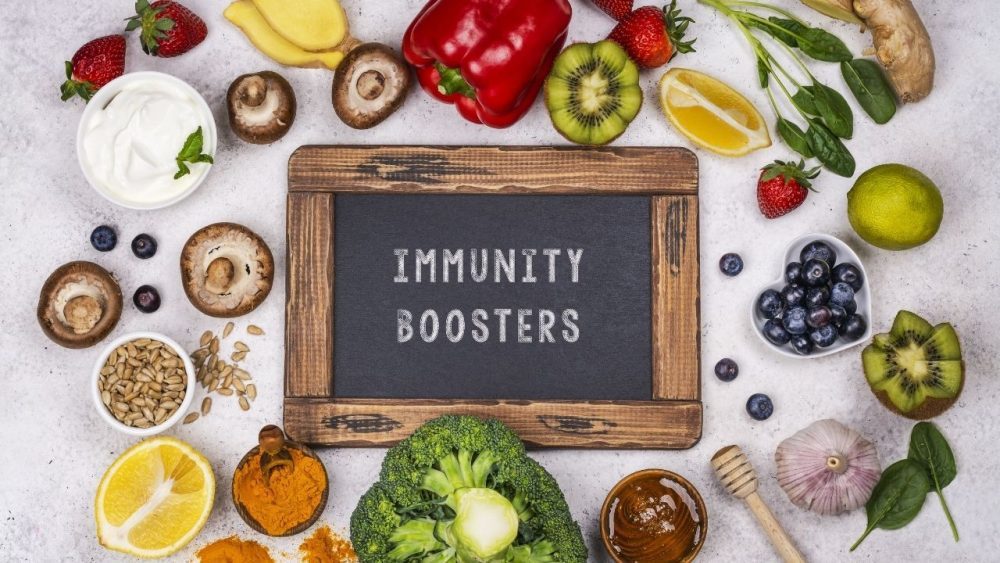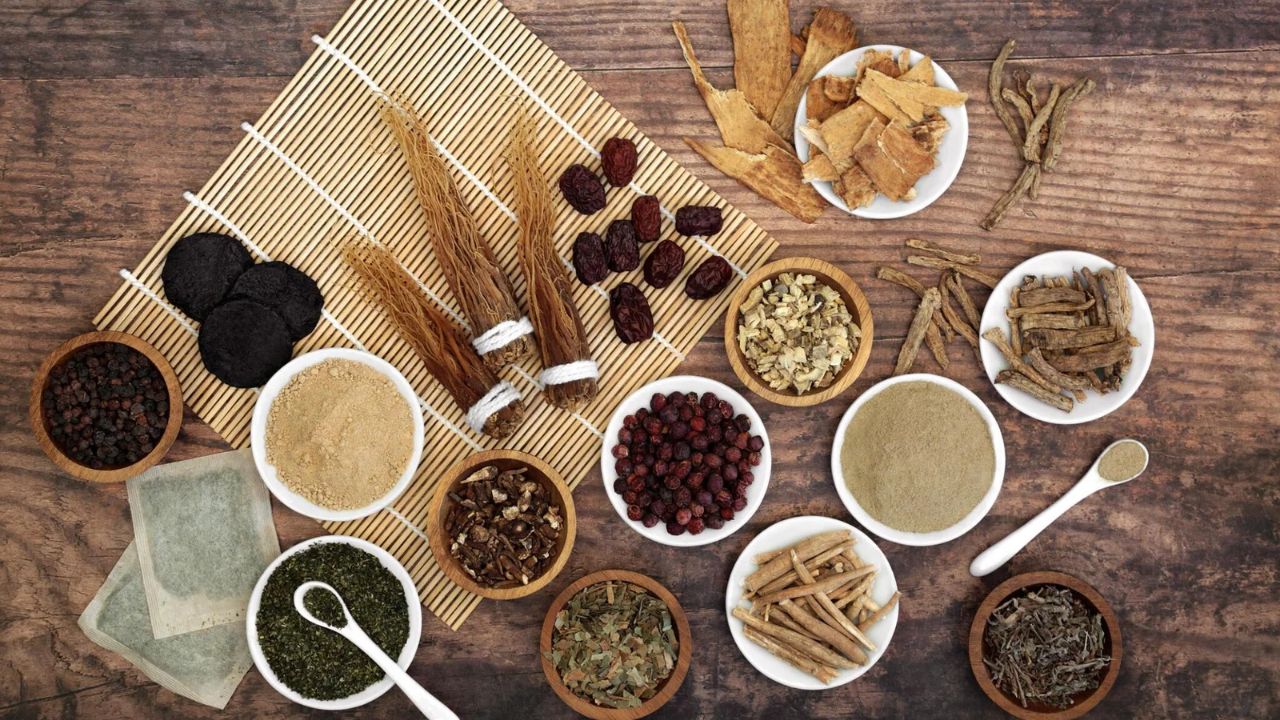Vaccines help a person’s body produce immunity to infection by imitating an infection itself, like COVID-19. It causes the immune system to produce T-lymphocytes and B-lymphocytes, allowing the body to develop protection against viruses or bacteria. Although such imitations rarely lead to any illnesses, sometimes, these can result in minor symptoms, like fever. But, such symptoms are typical, so you should expect them as your body produces immunity.
It’s also worth mentioning that although a vaccine helps your body produce immunity to a disease, it doesn’t mean you’re already immunized. Note that there’s a difference between vaccination and immunization, and not all vaccines guarantee actual immunity. Furthermore, it usually takes a few weeks for your body to create T-lymphocytes and B-lymphocytes. So, after vaccination, it’d be best to take a few actions to support your body’s ability to develop immunity.
To help you boost your immunity after receiving your COVID-19 vaccine, here are some of the health practices you can consider:
Maintain A Healthy Diet
A recent study suggests that a combination of vitamins and minerals plays a significant role in supporting a person’s immune health. The study also points out that deficiencies in particular vitamins and minerals may result in a weakened immune system and increased susceptibility to infection. However, the good thing is that these vitamins and minerals can be found in everyday foods.
To give you some examples, below are some of the foods you can incorporate into your everyday diet to help improve your immune system:
Dark Chocolate
Dark chocolate includes an antioxidant that may help boost immunity by protecting a person’s body cells from free radicals. But, it’s essential to note that dark chocolate also contains high amounts of saturated fat and calories, so make sure to eat it moderately.
Blueberries
Blueberries have a flavonoid that contains antioxidant properties that may help improve an individual’s immunity. In one study, people who ate foods abundant in flavonoids rarely got a common cold or respiratory tract infection than those who didn’t.
Oily Fish
Fish like tuna, salmon, and pilchards are significant sources of omega-3 fatty acids. There’s a 2014 report saying that regular consumption of omega-3 fatty acids may minimize the risk of rheumatoid arthritis (RA).
Sweet Potatoes
Sweet potatoes abound in an antioxidant called beta carotene, which gives the potatoes’ skin its orange color. It’s a source of vitamin A, and it helps make a person’s skin healthy. Moreover, beta carotene may even protect a person against skin damage from UV rays.
Green Tea
Green tea only includes a tiny amount of caffeine. So, you can use it as an alternative to coffee or black tea. Drinking it may also support your immune system. Like blueberries, it also has flavonoids that may minimize the risk of cold.
Broccoli
Broccoli is rich in vitamin C, and it includes potent antioxidants.
Exercise Regularly
Exercise helps your immune system in numerous ways. For instance, white blood cells and infection-fighting antibodies circulate quicker and detect diseases earlier when you exercise. Moreover, exercising can also help clear out bacteria from your lungs. When your body temperature increases during exercise, bacterial growth decelerates, which may support your immunity to fight against illnesses, like a common cold. Apart from that, during exercise or any physical activity, you release your stress hormones slower, which may help lower the risk of acquiring any illness.
For that reason, to improve immunity, it’d be best to select a type of activity that fits your lifestyle. Note that an intense exercise regime will help boost your immunity further. So, if exercise is already part of your daily routine, it’s good to keep at it. On the flip side, if you aren’t especially active, it’d be best to start exercising regularly.
If you don’t know what exercises you should start doing, here are a few physical activities you can try:
- Walking
- Cycling
- Aerobics
- Swimming
- Playing with the kids
Minimize Stress
Multiple factors contribute to stress. Stress creates a hormone in a person’s body called cortisol. Cortisol can suppress the immune system’s potency in fighting off invaders by decreasing the number of lymphocytes, a type of white blood cells, present in the blood and hampering with normal white blood cell interaction. The lower the number of lymphocytes in your blood, the more vulnerable you’ll be to viruses, such as the common cold or the flu. For that reason, to improve your overall health, it’s highly advised to reduce your stress levels.
You can consider some of these mindfulness and stress management practices to support your immunity and overcome stress-related illnesses:
Practice Gratitude
This allows your mind to recognize the positive aspects of your life. Also, if you share this form of positivity, it can positively impact others around you.
Practice Mindful Breathing
Also called abdominal breathing, it strengthens your diaphragm and transforms the oxygenation levels in your body. Breathing in a particular way can decrease your distress, improve your mental state, and lead your mind to deep relaxation.
Get Adequate Sleep
Most adults need seven to nine hours of sleep every night. Having a good night’s sleep helps you deal with the day’s stress more efficiently. Moreover, it clears your mind and improves your overall health, helping you support your immunity.
Conclusion
All in all, immunity is your body’s protection against strange organisms. Taking care of yourself allows your immune system to protect you against diseases. So, after you receive your vaccine, make sure to take a few actions, such as the health practices given above, to help you support your immune system.








































